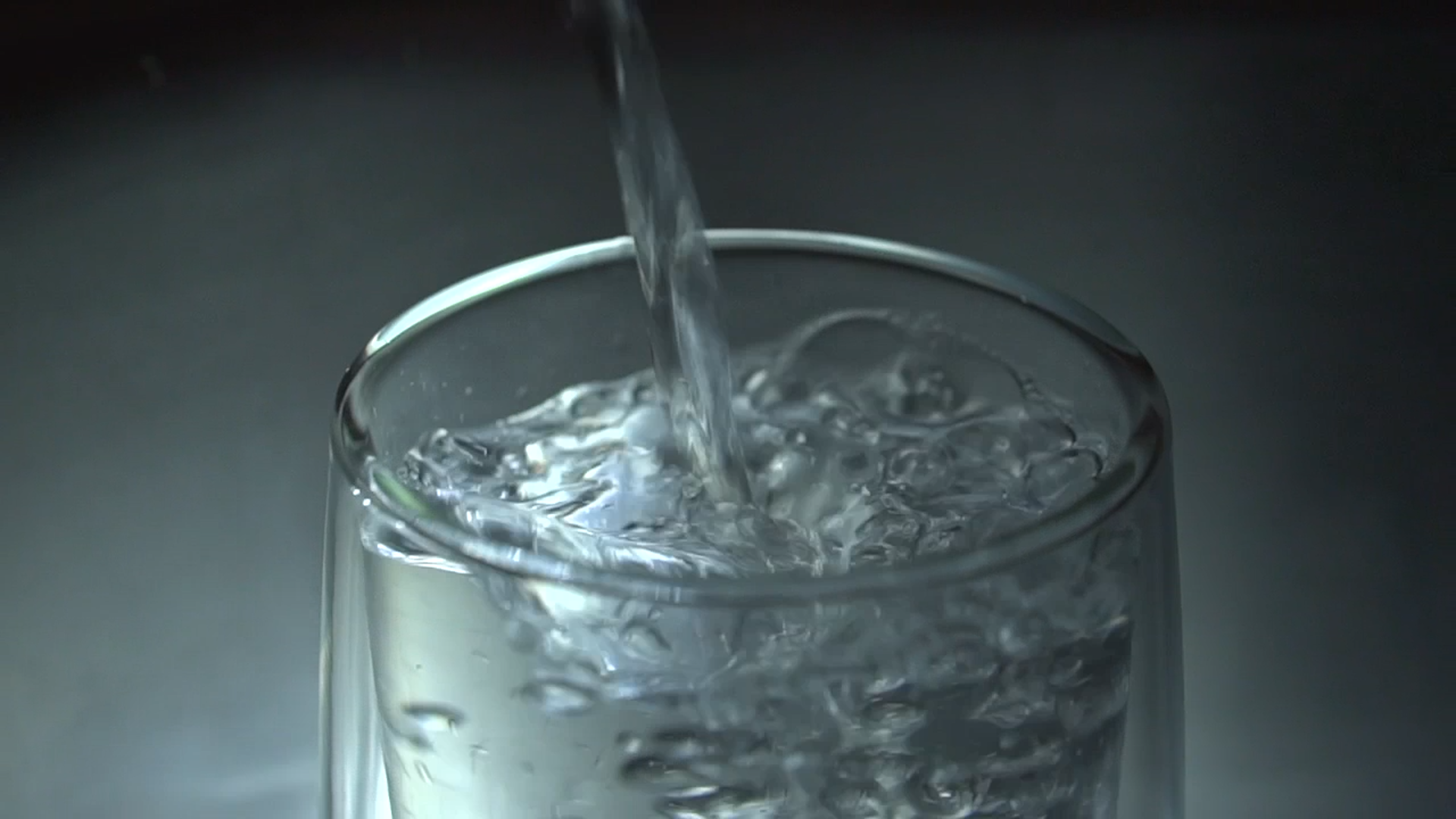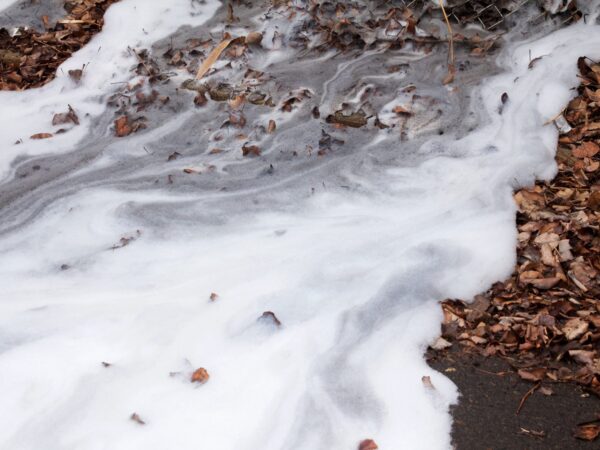
As the nation prepares to pour billions of federal dollars into rescuing water systems, the Great Lakes News Collaborative investigates the true cost of water in Michigan with a special series of reports and events during May. Reporters from Bridge Michigan, Circle of Blue, Great Lakes Now, and Michigan Radio have combined their resources for the most extensive coverage on the cost of water in Michigan to date. The project revealed:
- Michigan cities both rich and poor, big and small have delayed maintenance on their water systems for decades. Now, even wealthy towns are suffering the consequences of past unwillingness to pay for water system upkeep.
- Many rural water districts rely on distribution systems that have not been updated for decades due to lack of funds or political will.
- Cities with declining populations struggle with both maintenance and operating costs.
- Some water plants throughout the state operate far below their capacity, putting a heavy cost burden on their communities.
- Though the costs are enormous and success is by no means assured, for the first time in decades Michigan is addressing systemic challenges.
- Rebuilding community trust, after years of inadequate service or foul tap water, is just as difficult, perhaps more so, than the engineering work. Although residents are banding together to voice their concerns to government officials, trust in government response is low.
Throughout the Great Lakes region and across the U.S., water systems are aging. In some communities, this means water bills that residents can’t afford or water that’s unsafe to drink. It means that vulnerable systems are even more at risk in a changing climate. And it’s leading to increased pollution in some of Michigan’s most pristine lakes.
The “Water’s True Cost” project kicks off on Monday, May 2, with an overarching report that explores shifting tides in Michigan’s willingness to invest in water infrastructure.
Other stories throughout the month will explore the consequences of neglect, the many ways communities are addressing them, and the effects of new water system investment in Michigan and beyond.
Full coverage of “Water’s True Cost” will appear on Michigan Radio, Great Lakes Now, Circle of Blue, and Bridge Michigan websites. Several of the stories will also air on Michigan Radio and Great Lakes Now.
The collaborative will also host live interactive events and discussions for the public throughout May about the cost of drinking water and water infrastructure, and hear from the reporters about their findings.
For more information on the events, see the full list here.
Catch more news at Great Lakes Now:
To build a new pipeline or not: Illinois city seeks Lake Michigan water
Featured image: Water fills a glass (Great Lakes Now Episode 1012)




